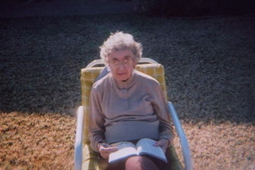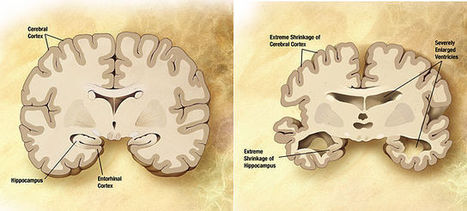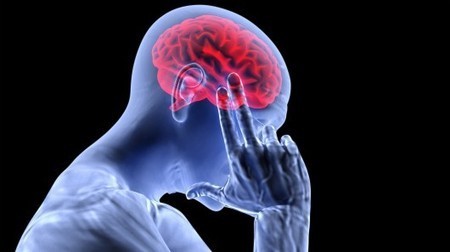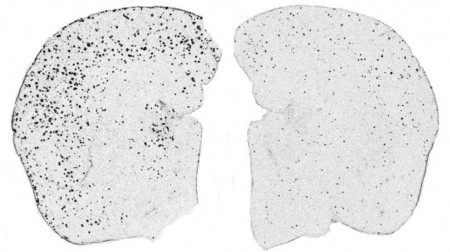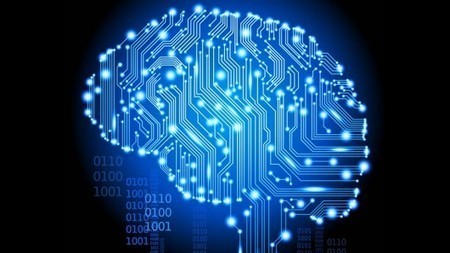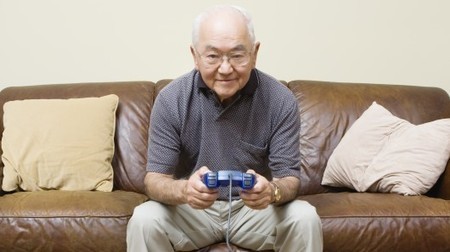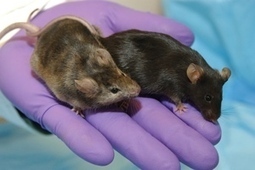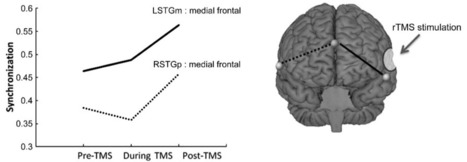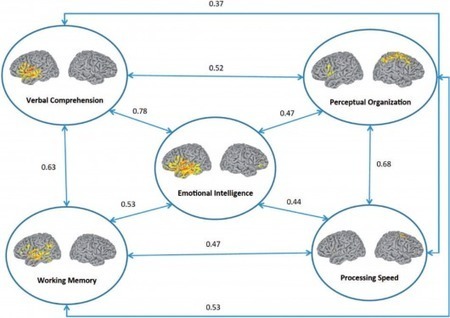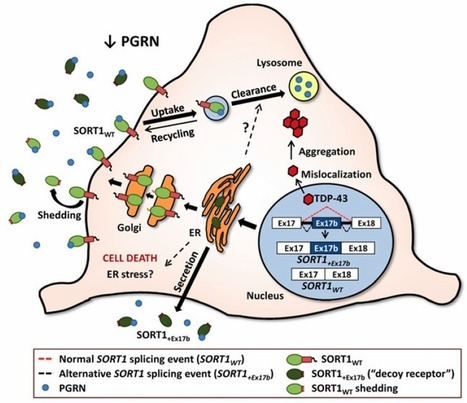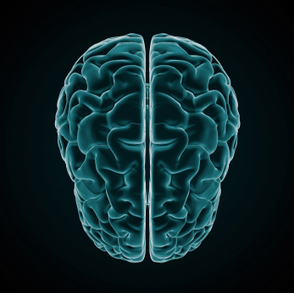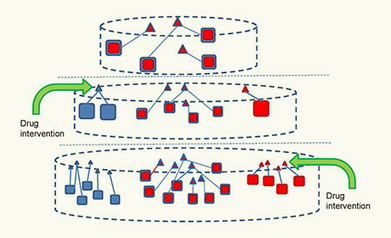Humans are living longer, but for many, longevity doesn’t equal quality of life. Increasingly, the final years are marked by a steady cognitive decline where memory and personality are swallowed in dementia. Alzheimer’s disease (AD) is on the rise, and there is no treatment. Worse, researchers and drug companies wrestling with the disease seem to have hit a wall.
Most recently, Baxter announced its Alzheimer’s treatment, Gammagard, proved ineffective at its twin goals of reducing cognitive decline and preserving cognitive abilities in a 490-patient Phase III trial. Although the trial showed some positive results in participants genetically predisposed to the disease, Baxter will discontinue current immunoglobulin studies in Alzheimer’s.



 Your new post is loading...
Your new post is loading...

